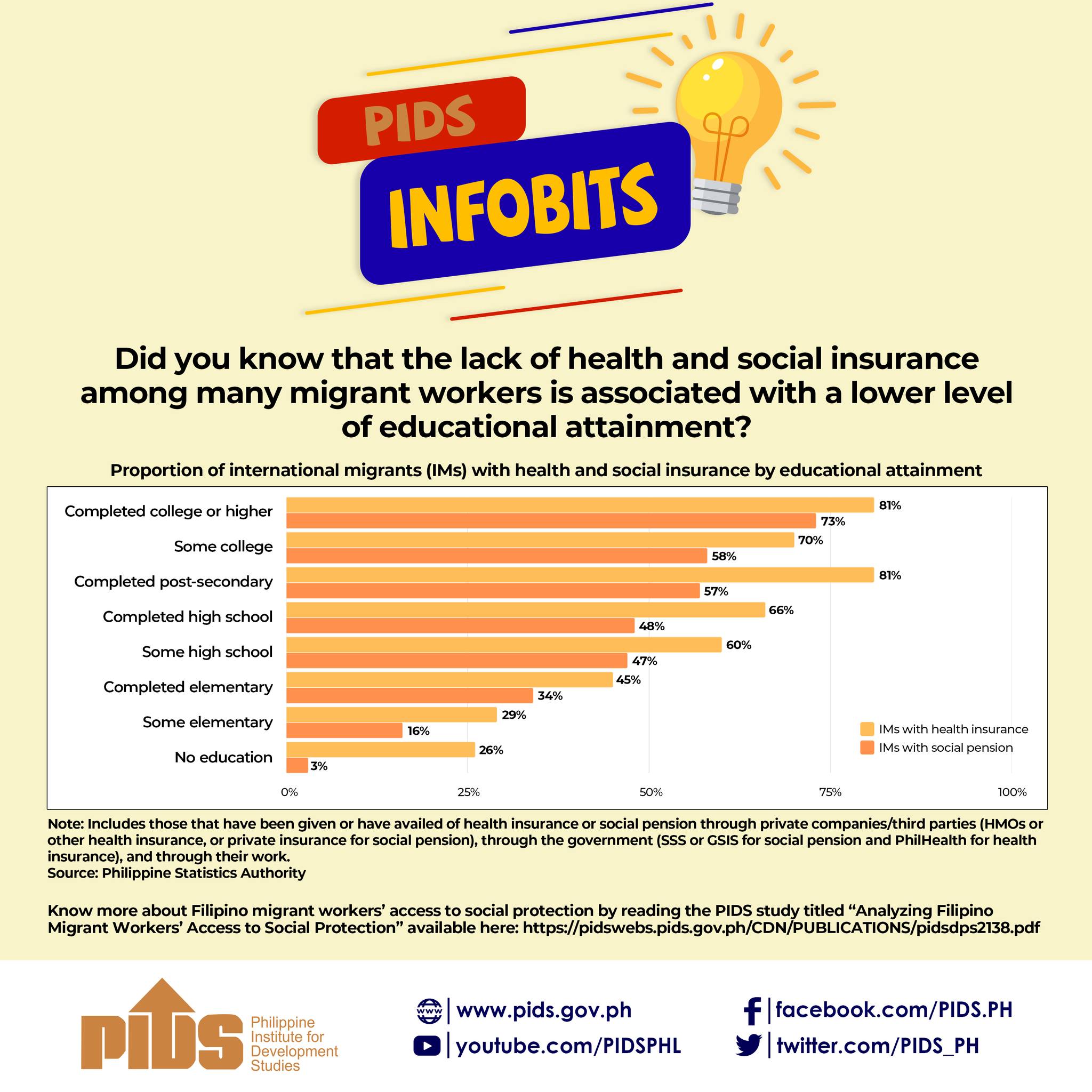In a recent interview, Sen. Sherwin Gatchalian mentioned his intent to “put accountability in education” such that the K-12 should work for the Filipino people, produce graduates that are employable and who fit into the industry and who also do good in college
While all these are laudable, they will remain in the realm of fantasy unless the senator will confront and initiate moves to correct the mass production of nonreaders in the K-12 program. Whether the problem springs from an intrinsic flaw in the curriculum, or from the manner the Department of Education (DepEd) is currently implementing the program, or is caused or compounded by some other factors, is immaterial. The fact remains that under the K-12 program, the lack of reading skills is seriously impeding the delivery of education in public schools.
To begin with, there is this absurdity of adding two grades to our basic education program, but at the same time allowing flexibility in the teaching and learning of reading such that we could now hear “Ba Be Bi Bo Bu” from Grade 7 rooms when, not so long ago, the sound was exclusive to Grade 1 classrooms. To think that kindergarten was not even compulsory at that time. So how would students be able to maximize the alleged superiority of the K-12 program if they could only learn this once they reach Grade 7?
Thus, before anything else, as the chair of the Senate committee on basic education, Gatchalian should settle the question of when children should become independent readers. It is necessary for the DepEd to clarify this issue, because somewhere along the way, to the detriment of our young, the agency had evidently softened on the “zero nonreader in Grade 4” objective set in 2001 and carried over into K-12. Otherwise, how would one explain the presence of nonreaders in the intermediate and secondary grades for years now?
Last February, the Philippine Institute for Development Studies brought this issue to the fore when, as part of its output in a study it conducted on the pressures bearing on teachers and the impact of such on the quality of education, it urged the DepEd to stop sending nonreaders to high school, branding the practice as wrong. Up to now, the DepEd has not commented, much less acted, on the recommendation of the state think tank. It is incumbent upon Gatchalian or any other entity working for the improvement of the quality of our basic education to extract a definite answer from the DepEd as to when a child should be able to read.
Unless and until the question is answered to the understanding and satisfaction of everyone, all this talk about revolutionizing Philippine basic education will ring hollow and will benefit no one, because as DepEd itself keeps repeating, “reading is the foundation of all learning.” Everything else, including the desirable outcomes Gatchalian mentioned in the interview, could only be possible after the foundation is first firmly put in place. Not before.











